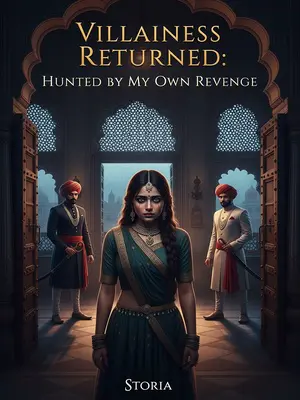Chapter 1: The Jail Gate
A distant police siren wailed, and the air was thick with the scent of damp earth and frying samosas from the tea stall nearby. I tap the steering wheel of my battered Maruti 800, trying to blend in with the Ola drivers waiting for their next ride. Rickshaws clattered past, paan-wallahs watched with idle curiosity, and the mossy brick walls of the women’s jail loomed overhead, casting long, menacing shadows. Sometimes, the echo of a chaiwala’s call bounced off the barracks. My fingers drummed on the dashboard, sticky with spilled chai from last week. I glanced at the paan-wallah, who spat red juice and looked away. My eyes never left the iron gates—waiting, always waiting.
Those women—no family or friends to receive them, and not bad-looking—are my prey.
They step out, clutching polythene bags with their meagre belongings, eyes darting around, searching for a familiar face but finding none. Their saris or salwar-kameezes are faded, but their faces hold a stubborn dignity. The guards shout for the next batch to move along. One woman hesitated, then touched the ground at the threshold before stepping out, as if hoping for a little good luck. I lean forward, ready for the catch.
All it takes is a little kindness, and they cling to me like someone drowning, grabbing at a lifeline, throwing themselves into my arms.
And in India, where society forgets women who fall even once, I know exactly which mask of sympathy to wear—downcast eyes, respectful distance, hands folded at the chest. The first time a woman thanked me with folded hands and trembling lips, I realised how easy it was.












